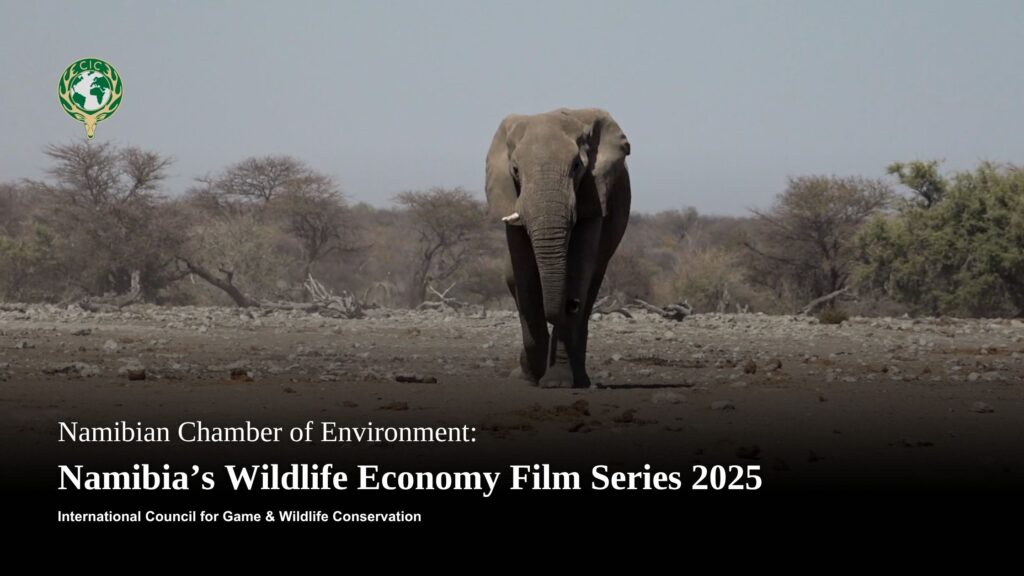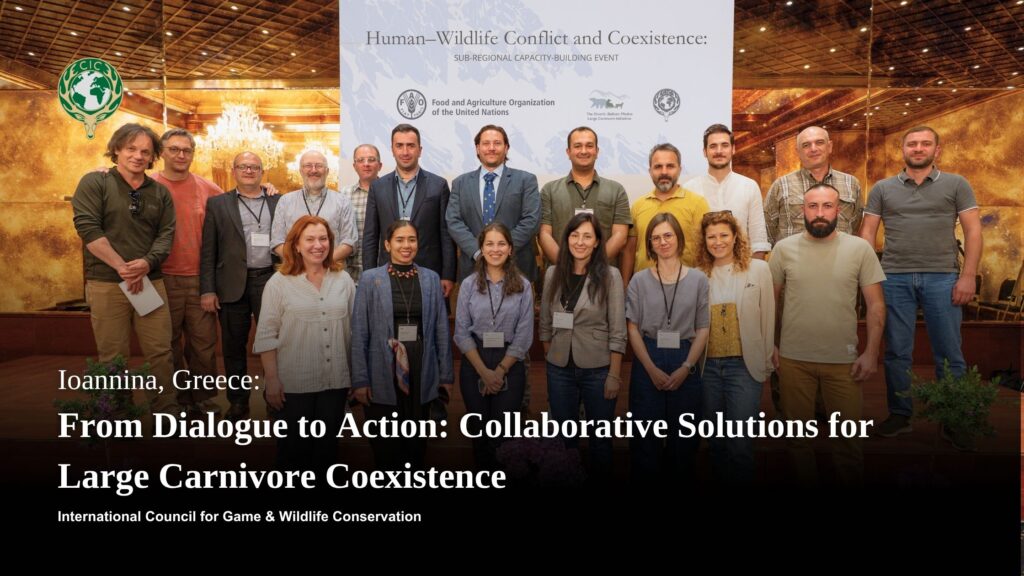Home » News & Press » FAO Hosts SWM Programme Legal Diagnostic Tool Validation Meeting in Rome
FAO Hosts SWM Programme Legal Diagnostic Tool Validation Meeting in Rome
Facebook
X
LinkedIn



